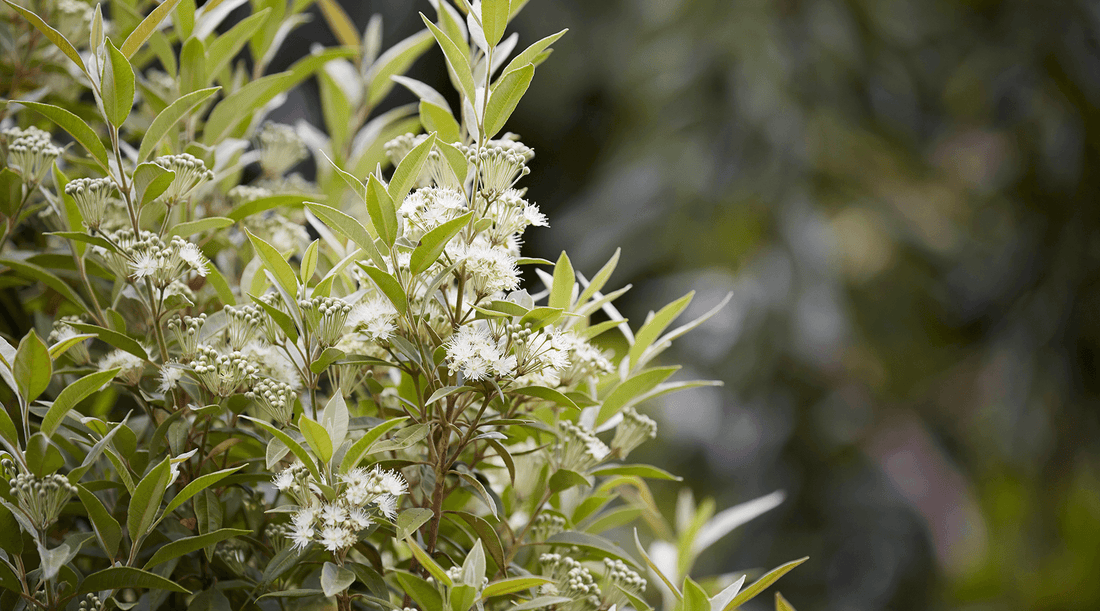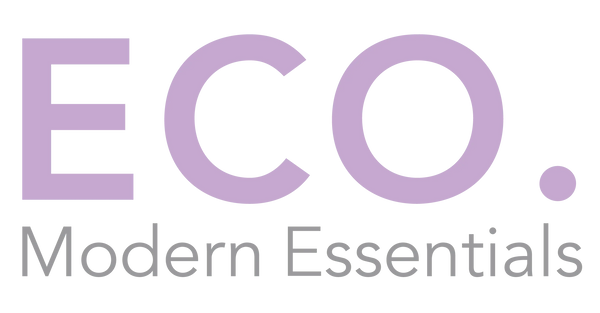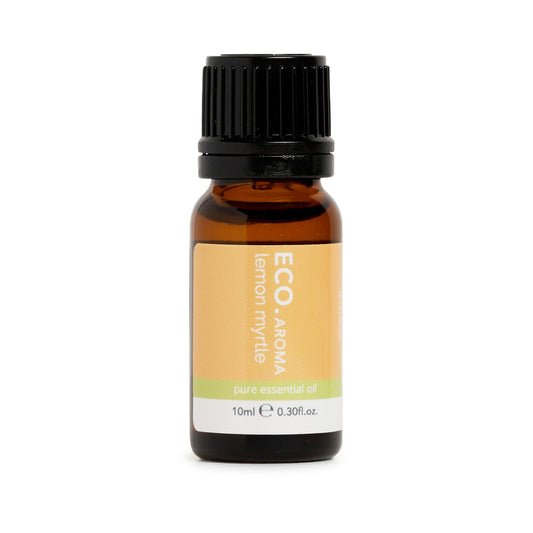
Lemon Myrtle Essential Oil
History
It is thought the first distillation of Lemon Myrtle was in the late 1800’s before the Queensland Forestry Service planted small colonies of the plant for scientific research and local distillation. The first commercial plantation was established in 1991 as a result of renewed interest in the richest natural known source of citral.
A powerful antioxidant that boasts a range of health benefits, Lemon Myrtle is reportedly more effective than Tea Tree and some synthetic disinfectants. Combining its fresh citrus aroma with natural antibacterial, antimicrobial and anti-fungal properties, Lemon Myrtle is a much sought-after ingredient for use in household cleaning products, disinfectants, aroma diffusers and hand sanitisers.
Harvesting
Sitting on the edge of Australia’s best-preserved rainforest, Lemon Myrtle farms are surrounded by rolling hills and picturesque valleys leading towards majestic waterways and iconic beaches. Invested and involved in an agricultural business, Lemon Myrtle is harvested by green thumbs who enjoy the ever-changing environmental challenges that agriculture presents.
Distillation
Lemon Myrtle is extracted by steam distillation and every drop of steam that is passing through the product contains a micro-fraction of oil. The stems and smaller leaf particles are used in the distillation process and further recycled by-products from this process (steam and dried leaf) to manufacture microfibre and hydrosol.
Community & Environment
The oil harvest and distillation allows the creative minds of the region another natural product they can utilise while adding to the ever growing popularity of essential oils. Committed to a zero-waste approach and utilising sustainable farming practices ensures 100% of each Lemon Myrtle plant is used. Compost is redistributed as a source of organic matter back into the soil to nourish and condition both the soil and the trees throughout the year. On some of the farms’ dams, a water catchment has been designed and collection tanks on all the buildings which enable them to be more self-sufficient and not rely solely on the local water infrastructure. A drip irrigation is also used on all of the plantations, instead of overhead irrigation, which allows the water to be directed to the base of the plant, right where it needs it most.
Shop Lemon Myrtle
For those who feel unmotivated and uninspired, the fresh and uplifting scent of Lemon Myrtle adds joy and enthusiasm to any situation.











